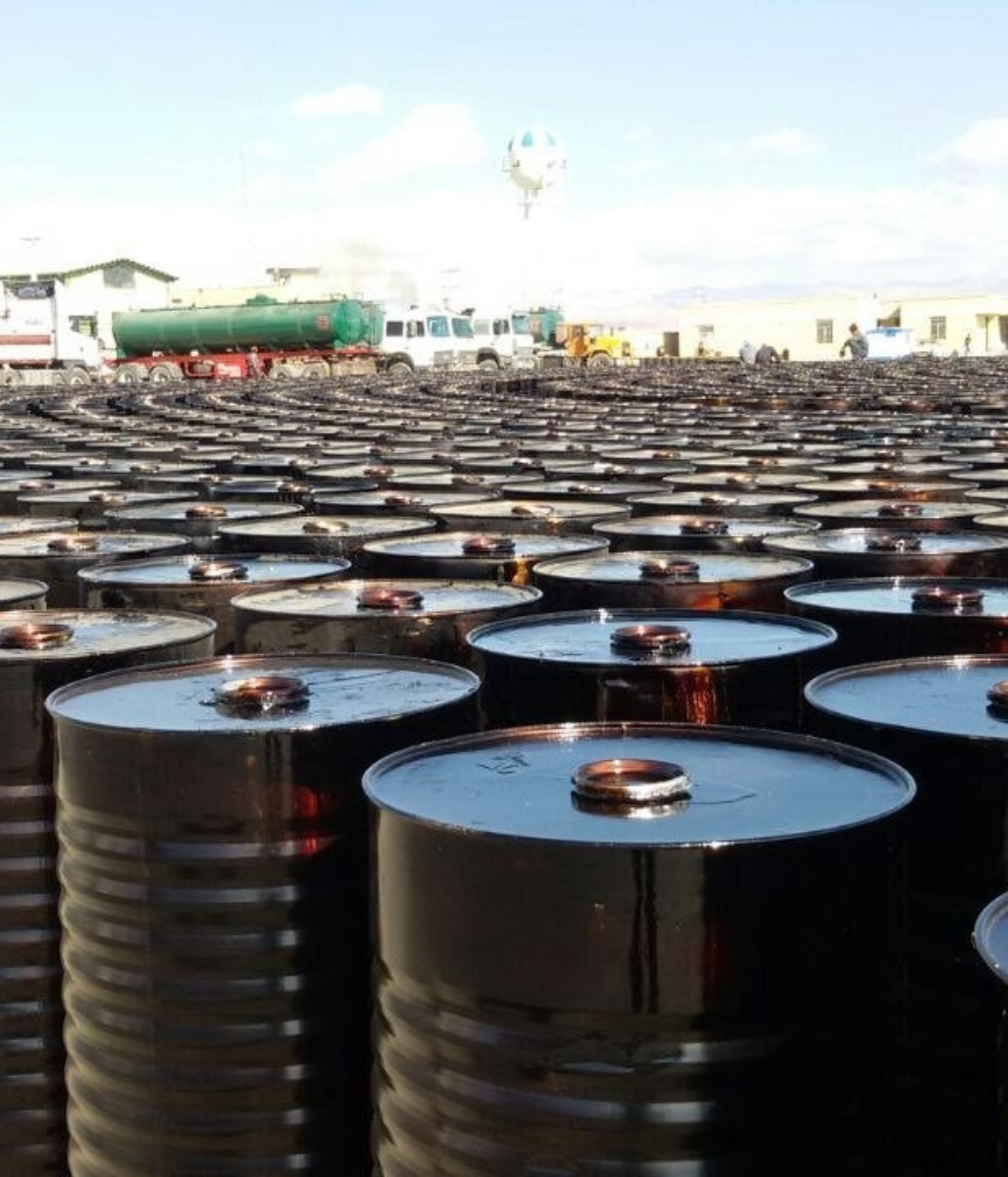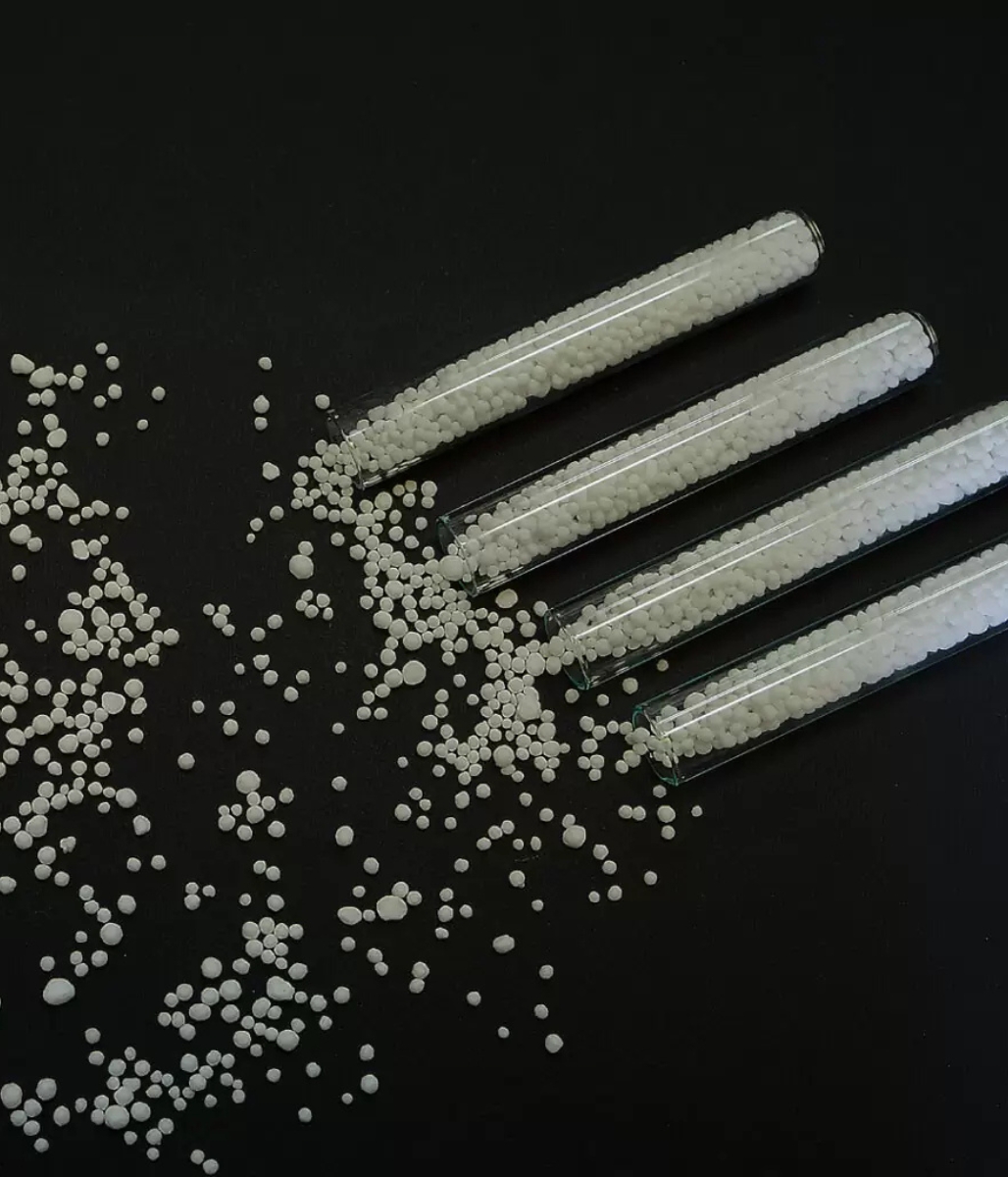Gasoline(Petrol)
Gasoline (Petrol) is a highly refined, volatile liquid hydrocarbon fuel primarily used to power internal combustion engines in automobiles, motorcycles, and other machinery. Derived from crude oil during the refining process, gasoline is a complex mixture of hydrocarbons, including alkanes, cycloalkanes, and aromatic compounds, carefully blended to deliver optimal energy output and engine performance. Its primary function is as a high-energy-density fuel, known for its efficiency and reliability in igniting and sustaining combustion.
Modern gasoline is typically enhanced with additives to improve performance and reduce environmental impact. These additives include detergents to clean engine components, antioxidants to prevent gum formation, and oxygenates like ethanol to increase combustion efficiency and reduce emissions. Gasoline is also categorized by its octane rating, a measure of its resistance to knocking or pre-ignition during combustion. Higher-octane fuels are used in performance engines, while standard-grade gasoline is sufficient for most vehicles.
In addition to transportation, gasoline is also used in small engines for tools like lawnmowers, generators, and recreational vehicles. Its ease of availability, energy content, and compatibility with a range of engines make it a cornerstone of modern mobility and energy consumption. However, its production and use are also associated with environmental concerns, including greenhouse gas emissions and air pollution, driving the development of alternative and cleaner energy sources.

.jpg)

